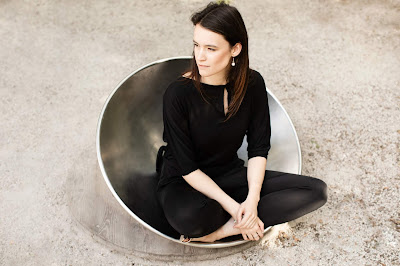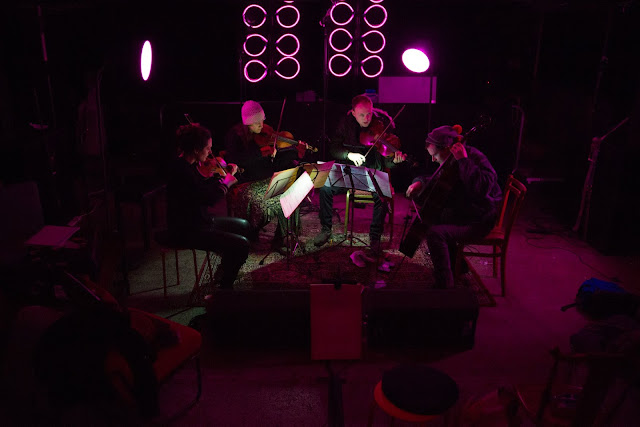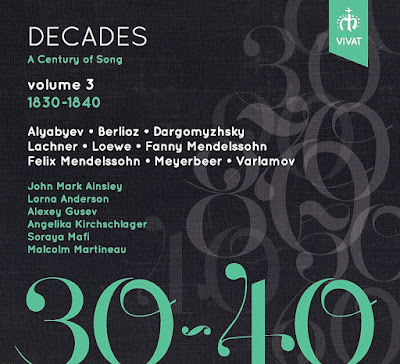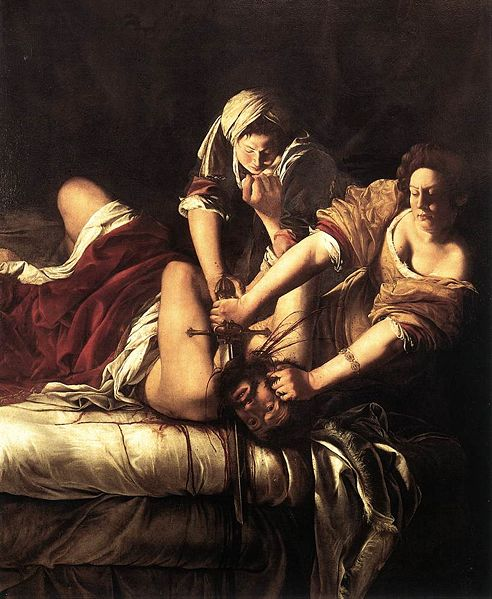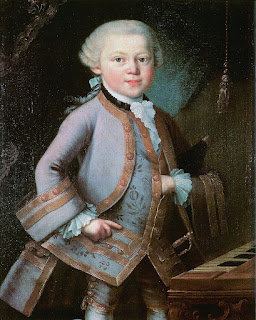Marking the centenary of the Armistice, Leeds has a whole variety of events across the city with a collaboration between arts organisations, museums, local councils, historians and volunteers, with music by Kevin Puts, Benjamin Britten, and Will Todd, an immersive artinstallation and much more.
At Leeds Town Hall, Opera North is presenting a concert staging of Kevin Puts' opera
Silent Night with Opera North Youth Chorus, and students from the Royal Northern College of Music.
Not Such Quiet Girls, an Opera North and Leeds Playhouse co-production at the Howard Assembly Room tells the stories of women who volunteered on the front line, inspired by Helen Zenna Smith’s novel
Not So Quiet, Radclyffe Hall’s war account in
The Well of Loneliness, and the life of war artist and ambulance driver Olive Mudie-Cooke, , writer Jessica Walker and director Jacqui Honess-Martin combine staged scenes, film projections, music hall songs and forgotten rarities by early-20th century female composers.
The BBC Philharmonic, Leeds Festival Chorus, the City of Glasgow Chorus, Cantabile Choir and soloists Evelina Dobračeva, Andrew Staples and Benjamin Appl, will be performing Britten's
War Requiem, whilst the Orchestra of Opera North, the company’s Youth Chorus, Young Voices and Children’s Chorus perform a new micro-opera,
The Songs of War by Will Todd. Another collaboration brings the Orchestra of Opera North together with St Peter’s Singers and Sir Michael Morpurgo for
War Horse: The Story in Concert. Marking the centenary of both the cessation of hostilities and the formation of the Royal Air Force, the Orchestra of Opera North performs Carl Davis’s live soundtrack for
Wings, the barnstorming 1927 silent film.
The director of Leeds Lieder, Joseph Middleton joins Christopher Maltman for
From Severn to Somme, charting the soldier’s odyssey from home into battle, and his death and epitaph, through songs by Butterworth, Gurney and Finzi, and works by composers from the other major nations involved in the War including Mahler, Mussorgsky and Schumann. For this year’s visit from the National Opera Studio, the young artists present
Last Days, a beautifully staged passage from the gaiety of pre-war Europe to the apocalyptic impact of the war’s outbreak and beyond, devised and directed by Tim Albery.
Leeds Town Hall’s Sullivan Room will be transformed into a frontline field hospital for Sound&Fury's
Charlie Ward, an immersive installation as part of Leeds International Film Festival. To boost morale, staff at these makeshift facilities sometimes arranged for Charlie Chaplin films to be shown for the bedridden, with the ward’s ceiling as the silver screen. For one soldier on Charlie Ward, the flickering images, whirring projector and Chaplin’s comic timing trigger complex emotions and memories, and the film show sets him on a journey into a personal no man’s land.
Goodbye to all that?, a free exhibition at the University of Leeds’ Treasures of the Brotherton Gallery running until 31 January 2019, focuses on the experiences of the families in Yorkshire and beyond during the First World War. The lasting impact on their lives is explored through themes of grief, memory, disability, women’s rights and politics.







